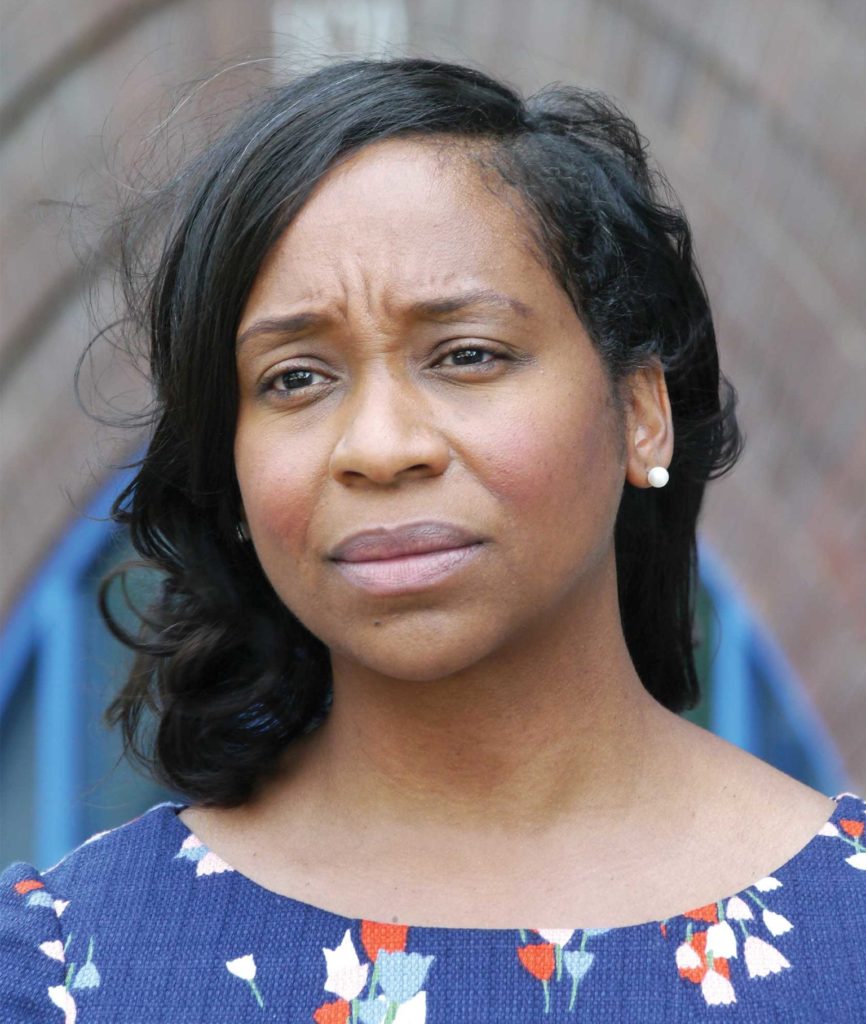
City councilors Andrea Campbell and Ricardo Arroyo are looking into the effectiveness of the Boston Police Department’s Gang Database, which holds 160 gangs and over 5,000 individual names, according to data provided to the ACLU in 2019. The database is managed by the Boston Regional Intelligence Center (BRIC) and has repeatedly raised questions over its definition of “gang members.”
Black people account for the majority of the names in the database.
“We need to ask what is the purpose, and even if it’s to serve public safety, what does that mean? And is that the only way, the only strategy we have?” said Campbell as she introduced the order for a hearing at the council’s meeting Nov. 4.
“I’ve had a lot of conversations in the past few months with folks from the BRIC, obviously community members, residents and advocacy organizations, and there’s a lot of confusion about the gang database. So this is an opportunity for folks to come to learn, to get their questions answered,” Campbell said.
She and Councilor Kenzie Bok brought up instances where the gang database may have caused harm. Bok mentioned a case where a man was deported based on the fact that he was listed in the database. She argues that this is a prime example of people finding out that they are gang-affiliated while being tried for unrelated offenses, and that affiliation becomes the main reason for the outcome of trial.
“The hearing is designed to get information to create greater transparency, but also really dive into the accountability piece when something goes terribly wrong,” Campbell told the Banner. She wants to look into how the BRIC deals with and corrects situations where the gang database is incorrect.
The City Council held a hearing on public safety grants in July where they received answers from the BRIC on a few questions surrounding the database. According to public records from the BRIC given to the council in July, individuals can challenge any information about themselves recorded by the BRIC and are entitled to know the existence of the information as well.
However, there is no way for individuals to find out if they are listed in the first place, and many find out after being stopped by police.
“There are numerous folks pointing out the flaws of this system, and the flaws in the database, and yet I don’t know that we as a department or city has done anything to correct for that,” Campbell said.
Several lawyers, city councilors, activists and the ACLU Massachusetts have pointed out the potential harm of a gang database, after the ACLU sued for access to the database in 2018. They found that Black people were disproportionately listed and targeted because of the collection of this data.
The BPD’s rule 335 describes a gang as “A group of three or more individuals, whether formal or informal, who has a common name or common identifying signs or colors or symbols or frequent a specific area or location and may claim it as their territory and has members or associates who, individually or collectively engage or have engaged in criminal activity which may involve incidents of targeting rival gang members and/or being targeted by rival gangs.”
Councilor Ricardo Arroyo argued that this definition and the way it is used by ICE, by school police officers and by the gang unit may be too broad.
“There’s a situation here where, what one person believes the value of this is, is not the same as what another group is using the database for,” Arroyo said during last week’s meeting. “And the harm that it is inflicting is not in any way equivalent to the protection that we believe it may or may not be giving the city of Boston.”






